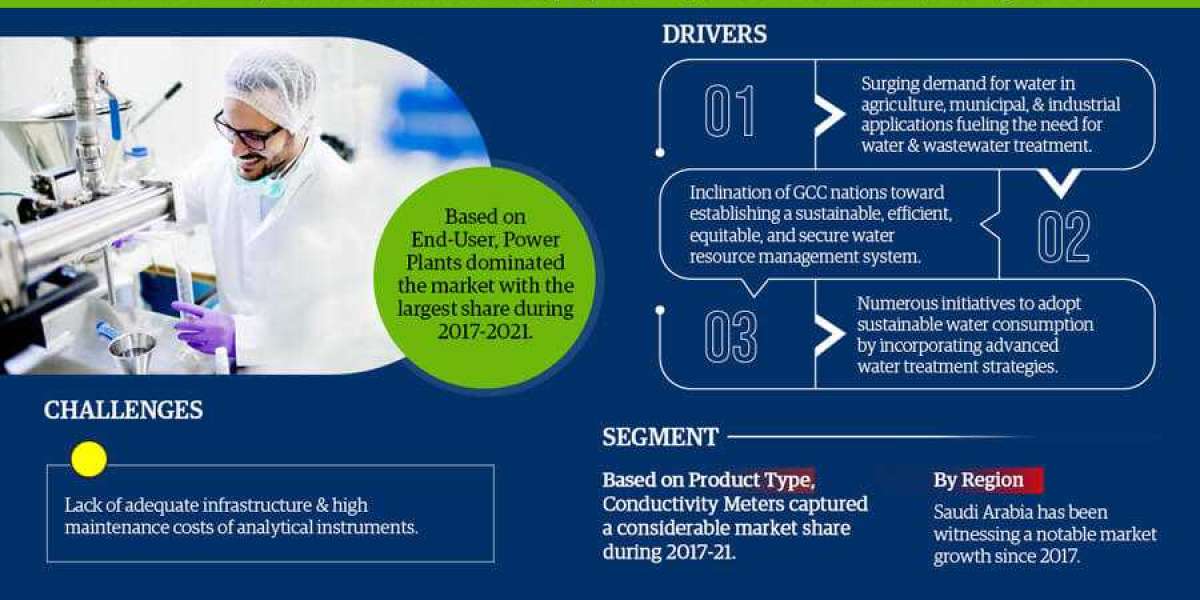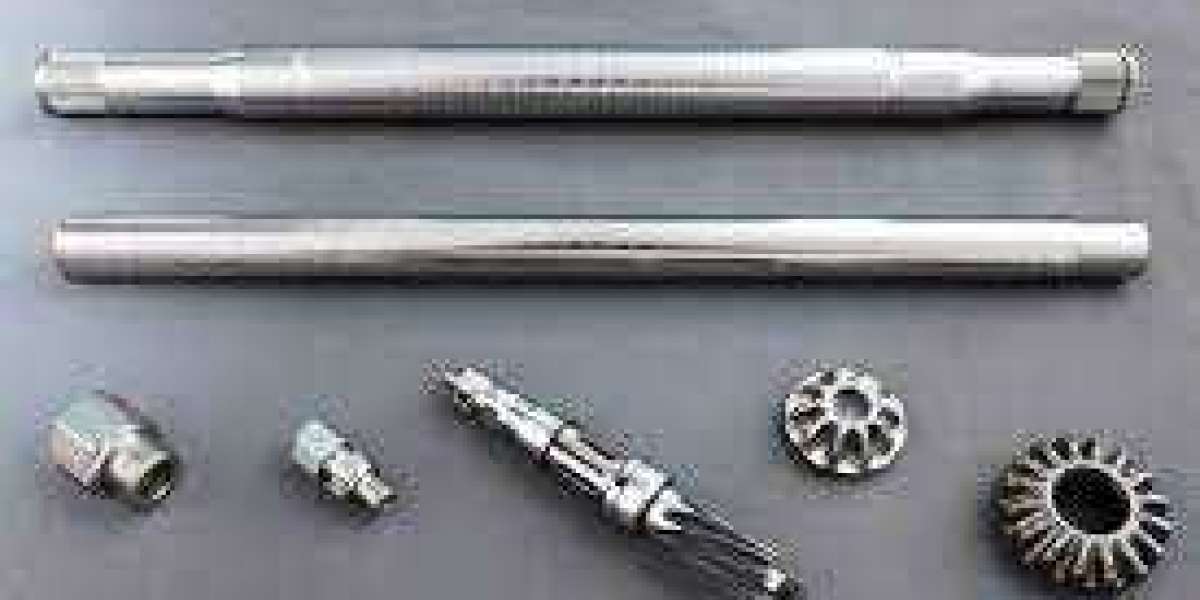Barbecuing is a favorite pastime for many, and the type of barbecue you choose can significantly impact your grilling experience. While both gas and charcoal barbecues have their merits, gas barbecues offer several distinct advantages. Let's explore the key benefits of gas barbecues compared to charcoal barbecues.
1. Quick Heating
One of the primary advantages of gas barbecues is their ability to heat up quickly. Unlike charcoal barbecues, which require time to get the coals hot, gas barbecues can reach the desired temperature within minutes.
- Gas Barbecue: Ready to cook in 10-15 minutes
- Charcoal Barbecue: Takes 20-30 minutes to reach optimal grilling temperature
2. Ease of Use
Gas barbecues are incredibly user-friendly. With a simple turn of a knob, you can ignite the grill and adjust the heat to your preference. This ease of use makes gas barbecues a popular choice for both beginners and experienced grillers.
- Gas Barbecue: Easy ignition and temperature control
- Charcoal Barbecue: Requires lighting coals and managing airflow for temperature control
3. Cleanliness and Minimal Smoke
Gas barbecues produce less smoke compared to charcoal barbecues, making them ideal for areas with limited ventilation or close neighbors. Additionally, gas barbecues are easier to clean since they don't produce ash and charcoal residue.
- Gas Barbecue: Less smoke, easier cleanup
- Charcoal Barbecue: More smoke, requires ash disposal
4. Precise Temperature Control
Gas barbecues offer precise temperature control, allowing you to cook a wide variety of foods perfectly. The ability to adjust the heat with precision ensures that your food is cooked evenly and to your desired level of doneness.
- Gas Barbecue: Precise temperature adjustment with knobs
- Charcoal Barbecue: Temperature control through airflow and coal management
5. Versatility
Many gas barbecues come equipped with additional features such as side burners, rotisserie attachments, and infrared burners. These features enhance the versatility of gas barbecues, allowing you to prepare a wide range of dishes.
- Gas Barbecue: Includes features like side burners and rotisserie
- Charcoal Barbecue: Limited to basic grilling and smoking
6. Time Efficiency
Gas barbecues save time due to their quick heating and easy operation. You can start cooking sooner and spend less time managing the grill, which is especially beneficial for busy lifestyles.
- Gas Barbecue: Time-efficient, quick setup
- Charcoal Barbecue: Time-consuming setup and temperature management
7. Safety
Gas barbecues are generally safer to use, as they do not involve handling open flames or hot coals. This reduces the risk of burns and other injuries, making gas barbecues a safer option for families and gatherings.
- Gas Barbecue: Lower risk of burns and injuries
- Charcoal Barbecue: Higher risk due to open flames and hot coals
Flavor Considerations
While gas barbecues offer numerous advantages, one area where charcoal barbecues often excel is flavor. Many grilling enthusiasts prefer the smoky, rich taste that charcoal imparts to food. However, there are ways to enhance the flavor when using a gas barbecue:
- Wood Chips: Adding wood chips in a smoker box or foil packet can infuse your food with a smoky flavor similar to that of a charcoal grill.
- Marinades and Rubs: Using flavorful marinades and dry rubs can help enhance the taste of your grilled dishes.
- Infrared Burners: Some high-end gas grills come with infrared burners that can provide a searing heat similar to that of charcoal, helping to create a delicious crust on meats.
Environmental Impact
When considering the environmental impact, gas barbecues generally have a lower carbon footprint compared to charcoal barbecues. Here's a comparison:
- Gas Barbecue: Burns cleaner, producing fewer emissions. Propane and natural gas are considered more environmentally friendly than charcoal.
- Charcoal Barbecue: Produces more smoke and particulate matter, contributing to air pollution. The production of charcoal also has environmental impacts.
Cost Considerations
The initial cost and long-term operating expenses can vary between gas and charcoal barbecues:
- Initial Cost: Gas barbecues tend to be more expensive upfront due to their advanced features and construction.
- Operating Cost: Propane and natural gas can be more cost-effective over time compared to the regular purchase of charcoal.
Maintenance
Maintaining your grill is essential for its longevity and performance:
- Gas Barbecue: Requires regular cleaning of burners and grates. Inspecting gas lines and connections is also important to ensure safety.
- Charcoal Barbecue: Requires cleaning out ash and residue after each use. The grates and interior should also be cleaned to prevent buildup.
Social and Cultural Factors
The choice between gas and charcoal barbecues can also be influenced by social and cultural factors:
- Gas Barbecue: Often seen as more modern and convenient, making it a popular choice for busy families and casual grillers.
- Charcoal Barbecue: Holds a nostalgic and traditional appeal, often preferred by purists and those who enjoy the process of grilling as much as the food itself.
Conclusion
Both gas and charcoal barbecues have their unique advantages and appeal. Gas barbecues offer convenience, precise control, and cleaner operation, making them ideal for those who value efficiency and ease of use. Charcoal barbecues, on the other hand, provide a traditional grilling experience and a distinctive smoky flavor that many enthusiasts love.
Ultimately, the best barbecue for you will depend on your specific needs, preferences, and grilling habits. Whether you choose gas or charcoal, both types of barbecues can provide delicious meals and enjoyable outdoor cooking experiences.
Ultimately, the choice between gas and charcoal barbecues depends on your personal preferences and grilling needs. If you value convenience, precision, and ease of use, a gas barbecue may be the ideal choice for you. On the other hand, if you enjoy the traditional experience and flavor that comes with charcoal grilling, a charcoal barbecue might be more your style.
Additional Considerations
When deciding between a gas and charcoal barbecue, consider the following additional factors:
1. Flavor
While gas barbecues offer many conveniences, some grill enthusiasts prefer the distinct smoky flavor that charcoal barbecues impart to food. If achieving that authentic barbecue taste is a priority for you, a charcoal grill may be worth the extra effort.
2. Portability
If you plan on taking your barbecue on camping trips or to picnics, portability is an important factor. Charcoal barbecues are often more portable and lightweight compared to their gas counterparts. There are also portable gas barbecues available, but they may not offer the same grilling capacity as larger models.
3. Cost
Initial and ongoing costs can also influence your decision. Gas barbecues typically have a higher initial cost but are cheaper to operate in the long run. Charcoal barbecues are generally less expensive upfront, but the cost of charcoal can add up over time.
| Factor | Gas Barbecue | Charcoal Barbecue |
|----------------------------|------------------------------------|-------------------------------------|
| Flavor | Less smoky flavor | Distinct smoky flavor |
| Portability | Generally less portable | More portable options available |
| Initial Cost | Higher | Lower |
| Operating Cost | Lower (propane/natural gas) | Higher (charcoal) |
4. Environmental Impact
Consider the environmental impact of your barbecue choice. Gas barbecues generally produce fewer emissions compared to charcoal barbecues, making them a more eco-friendly option. However, if you prefer charcoal, look for sustainably sourced charcoal to minimize your environmental footprint.
5. Maintenance
Maintenance requirements can vary between gas and charcoal barbecues. Gas barbecues typically require regular cleaning of burners and gas lines, while charcoal barbecues require ash disposal and periodic cleaning of grates and bowls.
Final Thoughts
Choosing the right barbecue is a personal decision that depends on your lifestyle, preferences, and grilling habits. Gas barbecues offer numerous advantages in terms of convenience, control, and efficiency, making them a popular choice for many. However, the unique flavor and traditional experience of charcoal grilling continue to attract dedicated enthusiasts.
By weighing the pros and cons of each type and considering factors such as flavor, portability, cost, environmental impact, and maintenance, you can make an informed decision that best suits your needs. Whichever type you choose, the most important thing is to enjoy the process and the delicious food that comes with it. Happy grilling!



